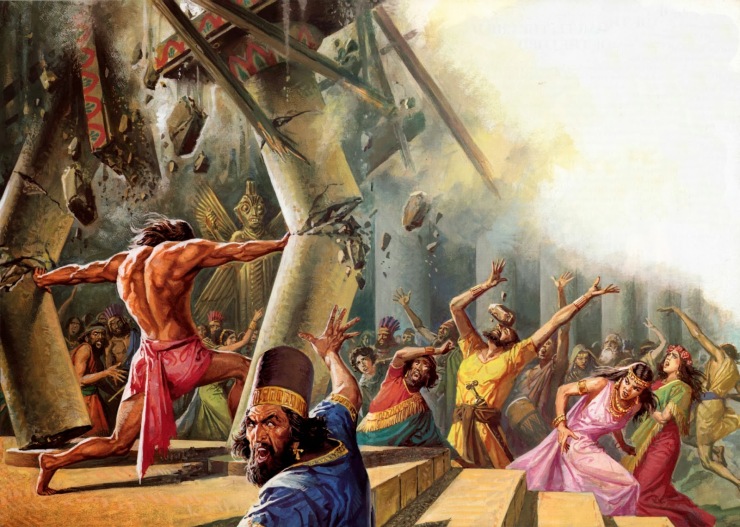>> Click Here to Listen to the Episode! <<
(Right click and “save as” to download the file)
Or Click Here to Listen in iTunes!
Part I – The Majority of Muslims in America are Concerned (Fearful?) about Islamic Extremism
I read a recent article by Ken Chitwood, a guest on episode 16 of Reconnect, entitled, “What Does God Require of Us Amid Rising Islamophobia?” that exhorts us to defend the rights of Muslims, reach out to Muslims with compassionate friendship, and to be humble knowing that we cannot rebuild the brokenness of the world on our own (namely, we need God to wholly fix the world).
These points are very good reminders to us for what we need to do and I affirm them throughout the episode, yet with caution.
In the article Ken states, “A recent study by Public Religion Research Institute shows that people who interact with Muslims — even those who have just had a few conversations in the past year — hold much more positive views of Muslims and refugees.”
It seems to be implied that if more Americans just knew Muslims personally and had more knowledge of Islam they wouldn’t be as fearful of Islamic extremism. However, according to a 2011 Pew Research study the majority of Muslims in the United States are concerned (is that the same as fearful?) about the rise of Islamic extremism within America, as well as a large number of Muslims in America (231,000) that say suicide bombings and violence against citizens can sometimes be justified to defend Islam, while ONLY 33,000 Muslims in America say such attacks on citizens is often times justified.
The report also says, ““A significant minority (21%) of Muslim Americans say there is a great deal (6%) or a fair amount (15%) of support for extremism in the Muslim American community.” This means that one in five Muslim Americans say there is a great deal or fair amount of support for extremism in the Muslim American community? Really? So about 660,000 Muslim Americans say there is a great deal or fair amount of support for Islamic extremism in the Muslim American community.
To support this perception within the Islamic community, the study also showed that 5% of the Muslims in America are favorable of al-Qaeda. That’s 165,000 American Muslims who are favorable of al-Qaeda.
Since such answers come from the Muslims in America, it helps explain why there is a fear of Islam in America? I don’t think it is an irrational fear based on the numbers, especially when we ask how many would legitimately tell the truth about supporting al-Qaeda and suicide bombings while living in America. Then consider that the statistics on these points in Islamic states is extremely high, and the fear is very much understood among Americans. It shouldn’t be dismissed as white America simply not knowing Muslims or Islam, when the Islamic community in America itself has a majority concern for the rise of Islamic extremism in America too!
But the Christian is exhorted to act justly, love mercy, and walk humbly as Ken reminds us in his article. How do we then respond if we are fearful, or simply concerned about Islamic extremism as many of the Muslims in America are also concerned? Many of the examples Ken gives, we should follow, but I don’t think we ALL should follow them, depending on our family duties and responsibilities, which I explain in this first segment.
Part II – In God We Still Trust
I read quotes from the early founding fathers, statesmen, and presidents of America! If America is a nation under God, which God are we under? Wouldn’t the founding fathers’ words best tell us?
The quotes are compiled by Dr. Richard G. Lee in his book, In God We Still Trust.
As usual, both of these parts are connected to sharing the good news of Jesus Christ.
Show Links
August 30th, 2011 Pew Research Center Study on the Views of American Muslims
January 206 – New Estimate of Muslim Population in America by Pew Research Center
PolitiFacts’s “Is Donald Trump’s Executive Order a Muslim Ban?”





